How to read your solar contract
- Factsheet
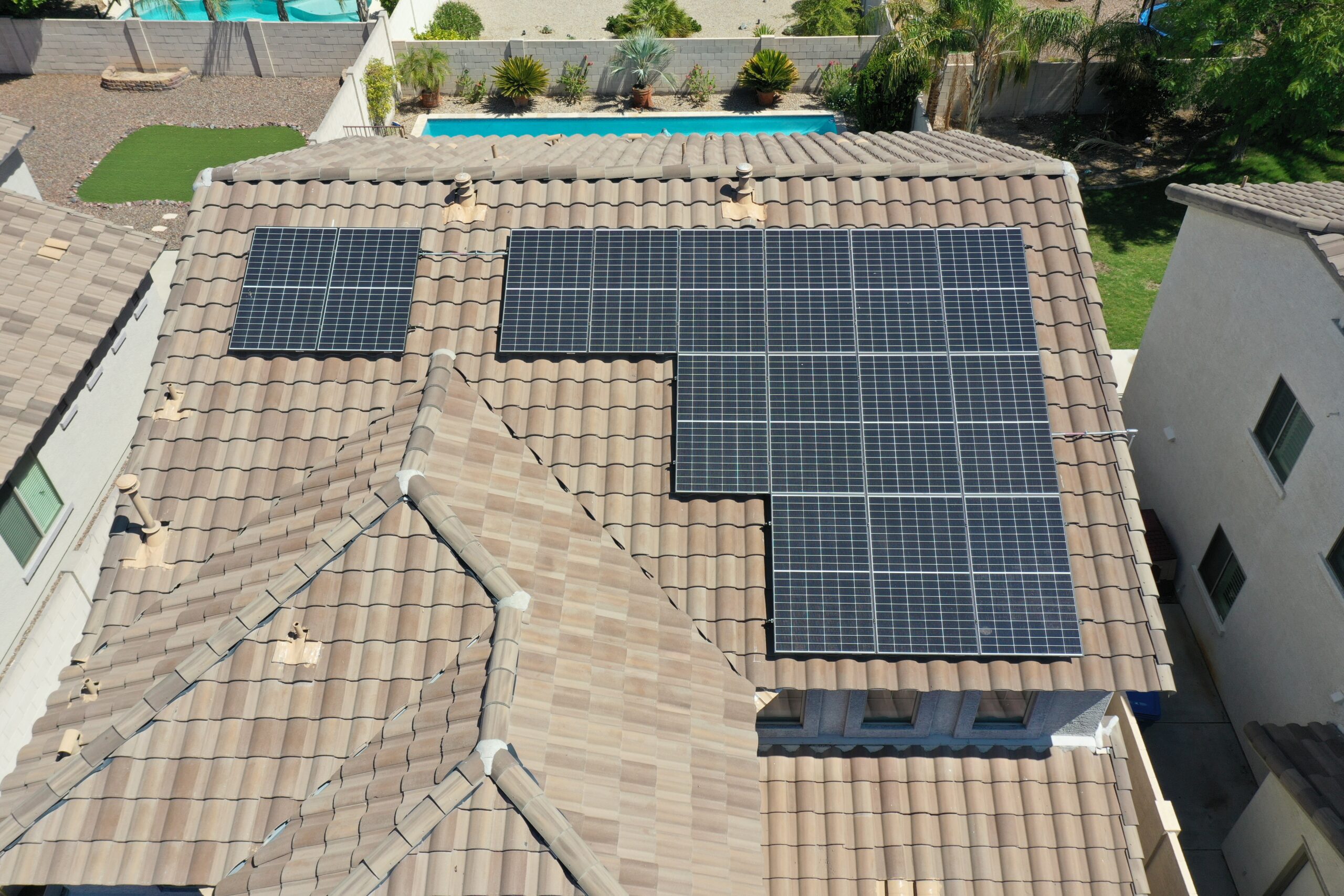
You’ve chosen a solar installer and you have a contract in hand. Congratulations! You’re so close to having solar panels on your property!
With the following tips, you’ll be able to understand your contract and ensure you’re getting exactly what you want from your new solar system.
Look for alignment with your proposalLook for alignment with your proposal
Some solar companies provide customers with a proposal before presenting a contract. Others just offer a contract right upfront. Receiving a proposal prior to signing a contract is ideal, especially if you are speaking with multiple installers. Having at least three proposals to compare will give you more information and therefore confidence in your decision.
If you received a proposal but you haven’t reviewed it, read our tips for reading your proposal before reading this page. If you received and reviewed your contract, use this guide to make sure the contract aligns with what you read in the proposal.
Ensure the following information is included and matches your proposal:
- System size (in kilowatts or kW)
- Costs and payment due dates
- Terms and conditions for your financing or lease, if applicable
- Installer’s responsibilities for handling all design, permitting, inspections, and interconnection agreements
- Who owns the Solar Renewable Energy Credits (SRECs) generated by the system and who will be handling the registration? (Note that SREC registration is not applicable in all states. See our SREC guide for more information.)
- Estimates of annual production of the proposed system and how much of your annual electricity consumption it is expected to offset
- Who owns the solar array and what are the options for selling SRECs (in applicable areas)
- Warranty claims information, including:
- Who to call for a warranty repair
- How long your labor and workmanship warranty lasts
- The specifics of how any water leak or roof penetration claims are handled
- Who to call for a system repair if the labor and workmanship warranty is expired
While warranties provide valuable protection, certain risks are typically not covered. Some of the exclusions to look out for include:
- Power surges
- Acts of God
- Misuse or improper installation
- Damage on the panels due to outside factors, such as hail, rain, earthquakes, etc…
- Theft or any other factors that may happen before installation.
Familiarize yourself with common terminology found in contracts
Read through the terms below to gain a better understanding of common terms you might see in your solar contract. If you come across any terms or language in your contract that you don’t understand, ask for clarification from the solar company or seek advice from a legal professional.
kWh: the measurement of how much electricity you use
Annual production: how much electricity you’ll make in a year
Production guarantee: a promise that you’ll make at least a certain amount of electricity within a specific time frame
Production Estimate: a guess/prediction about how much electricity you’ll make
Manufacturer warranty: a promise from the company that made the product that if something goes wrong with it, they’ll fix or replace it
Installer warranty: a promise from the person or company who installed your solar panels that if there’s a problem with the installation, they’ll fix it
Lease: a method of renting solar panels, rather than buying and owning them. You pay a monthly fee to a solar company for the use of the panels and the electricity they generate. See the Solar Energy Energy Industries Association’s sample disclosures.
Loan financing: Borrowing money to pay for solar panels for your home. You take out a loan from a bank or a solar financing company to cover the upfront cost of purchasing and installing the solar panels. For more information on financing, visit our pages on Solar financing basics and Financing your new solar panels.
Acts of God: This is a term used by insurance companies to describe events that are outside human control, like natural disasters (e.g., hurricanes, earthquakes, floods). These kinds of events could potentially damage the system, but again, they aren’t typically covered by standard warranties.
These may include:
- Hurricanes, floods, earthquakes, and tornadoes.
- Hailstorms and severe weather that cause physical damage to panels.
- Lightning strikes that cause electrical damage to your system.
Common Addendum Terms
In addition to these common terms, your solar contract may have an addendum to explain a specific agreement not covered in the contract. It’s important to understand common addendum terminology as well. If your contract doesn’t include these, ask your installer about them.
- Cool down period: a standard three-day period to change your mind about the installation. The required length of this period can vary by state.
- Purchase disclosure: a breakdown of information essential to your understanding of the contract. (See this example from the Solar Energy Industries Association).
- Required provisions in Florida: outlined by Chapter 520, Section 23 of the Florida statutes.
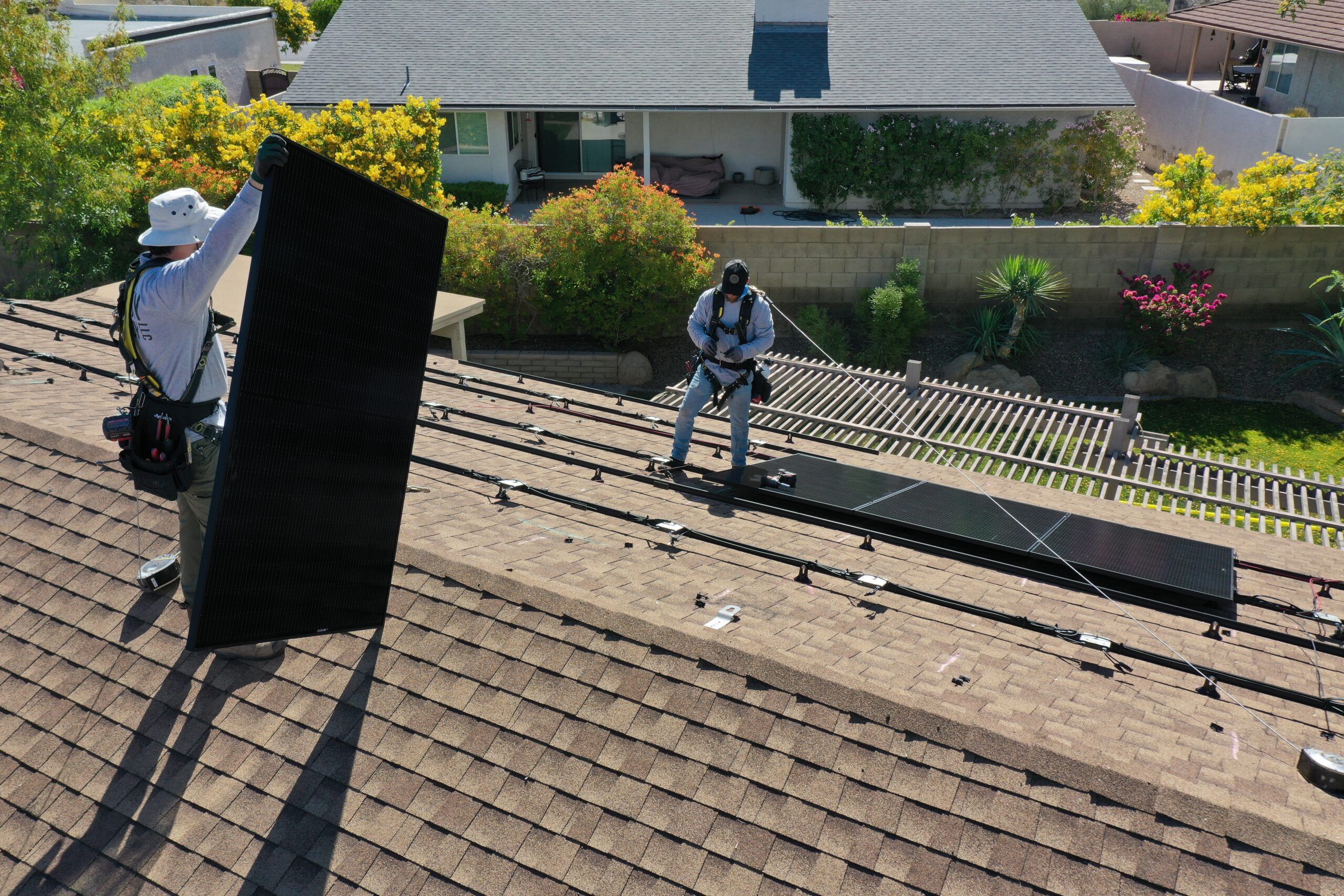
Break down your contract into manageable parts
A contract can be intimidating because of jargon, its length, and the commitment it represents. Reviewing a solar contract is less daunting if you break it down into sections.
- Who?
- Make sure the “parties involved” are the solar company (or installer) as well as yourself. Confirm spelling is correct. Double check the company name is the name of the company you’ve been working with.
- Some solar installers include operations and maintenance services. You’ll want to check your contract to have an understanding of what future maintenance or services will be required and who is responsible for it. Examples include inspections, cleaning, and repairs.
- What?
- There should be a section in the beginning of the contract that outlines the purpose of the contract as well as any background information on the project. Confirm everything is as expected.
- Look for a section that states the work that will be done as well as any specifics about the system itself. This includes, but is not limited to, the solar panels, inverters, mounting hardware, etc. If there was verbal discussion of any additional equipment or services, make sure you see it clearly typed out in the contract.
- Check for any information on insurance, liability, damages, or accidents that may occur during installation. Most installers have insurance to cover any incidents that happen on site, but this is still a good piece of information to be aware of.
- When?
- Check and confirm the general timeline of the project. This is always subject to change based on factors like the weather, resources, and budget, but having a timeline that is on a document signed by you and the installer protects you from unfavorable installation times. Ensure that the timeline includes not just installation, but interconnection and permitting.
- Look for any information on equipment warranties and guarantees on the installation itself. Pay careful attention to the duration of these warranties and what they cover. These are terms you want to feel comfortable with. If you don’t, be sure to negotiate them before signing a contract.
- Where?
- Where on your property will the panels, inverters, and wiring be? It’s important to understand how many panels you’ll be installing and why. You’ll also want to know where the various parts of your system will be installed, like the inverter.
- Why/How much?
- It’s very important that you clearly understand the cost of the project, payment plans, deposits, final payment, and overall payment terms. Understanding how these payments fit into your current budget is important so there are no surprises.
- Keep in mind that you still may have a utility bill payment. Know what you’ll owe, including any fixed fees on your bill.
- Look for any clauses or agreements that govern disputes and contract termination. Be sure you understand how problems will be resolved.
Read the required contract terms for Solar United Neighbors co-ops
We run solar co-ops, or group purchases of solar, all over the country. The following list of requirements for solar co-op contracts may be useful to you as you review your individual contract. (And if you’re a solar co-op member, these terms apply to your contract as well.)
- The contract should list pricing based on the terms agreed to in the solar co-op bid. Co-op members, reference your offer details page, which came with your welcome letter from the installer, or contact us for help.
- Your contract should include all disclaimers, contract cancellation notices, and other language required by applicable jurisdictions, the installed system cost and cost per Watt ($/W), any milestone payments required, clear indication of when payments are due, and a clear description of installation and roof penetration warranty terms.
- Contract should contain arbitration terms that include the following requirements: (1) the arbitration shall be governed by the rules and regulations of the American Arbitration Association (“AAA”), (2) a single, neutral arbitrator will be appointed in accordance with the rules of the AAA, (3) the co-op member(s) shall be eligible to recover arbitration costs (including attorney, consultant and expert witness fees) should the co-op member be the prevailing party, (4) the Installer shall be eligible to recover arbitration costs (including attorney, consultant and expert witness fees) should the Installer be the prevailing party, and (5) establish a mutually agreed upon location as the location for any arbitration proceedings.
Need more support?
Let us help. We’ll answer any questions we can or direct you to the right information.
Learn more
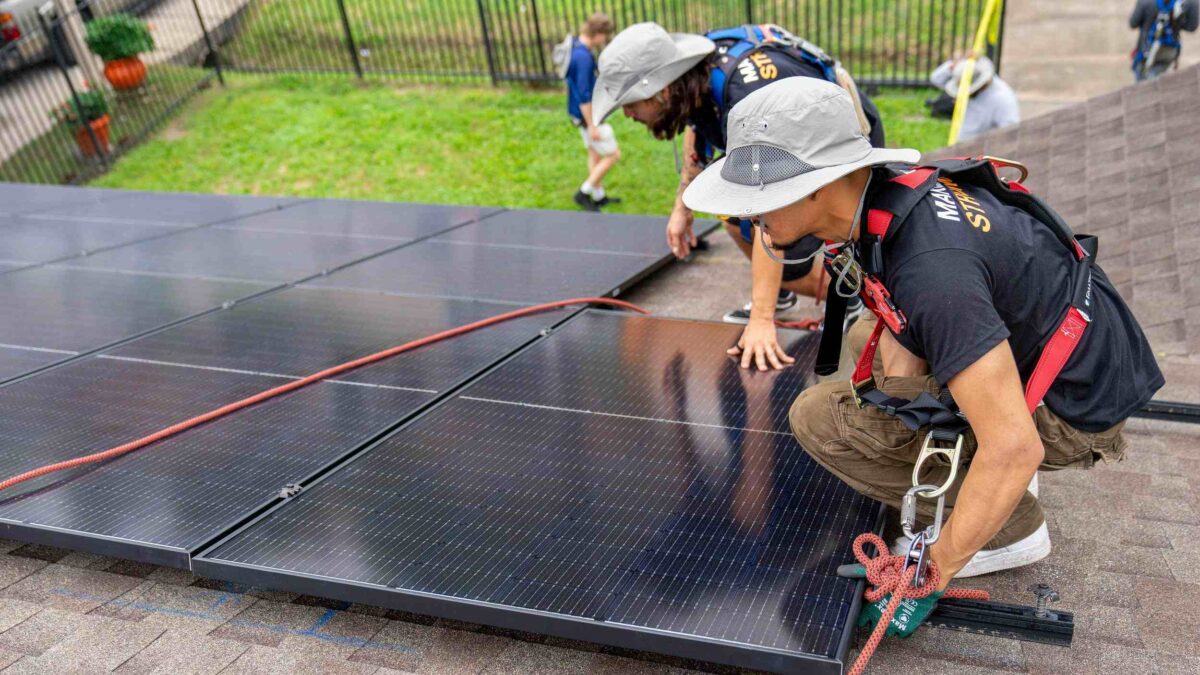
How to read your solar proposal
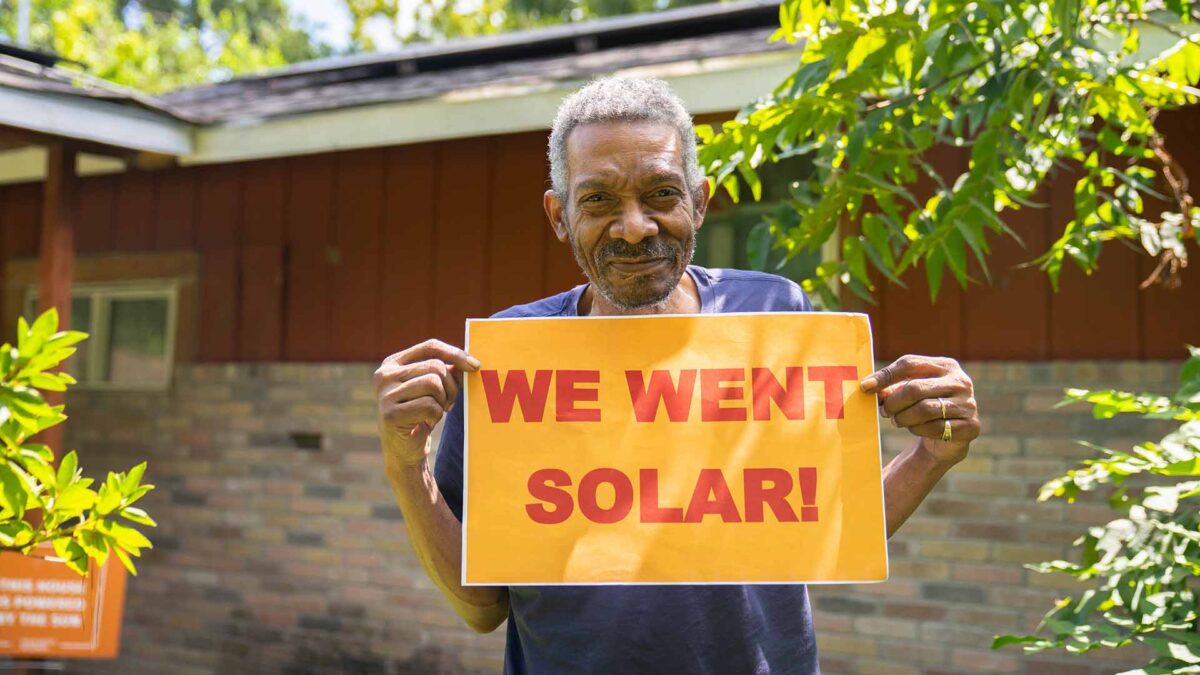
Solar FAQ
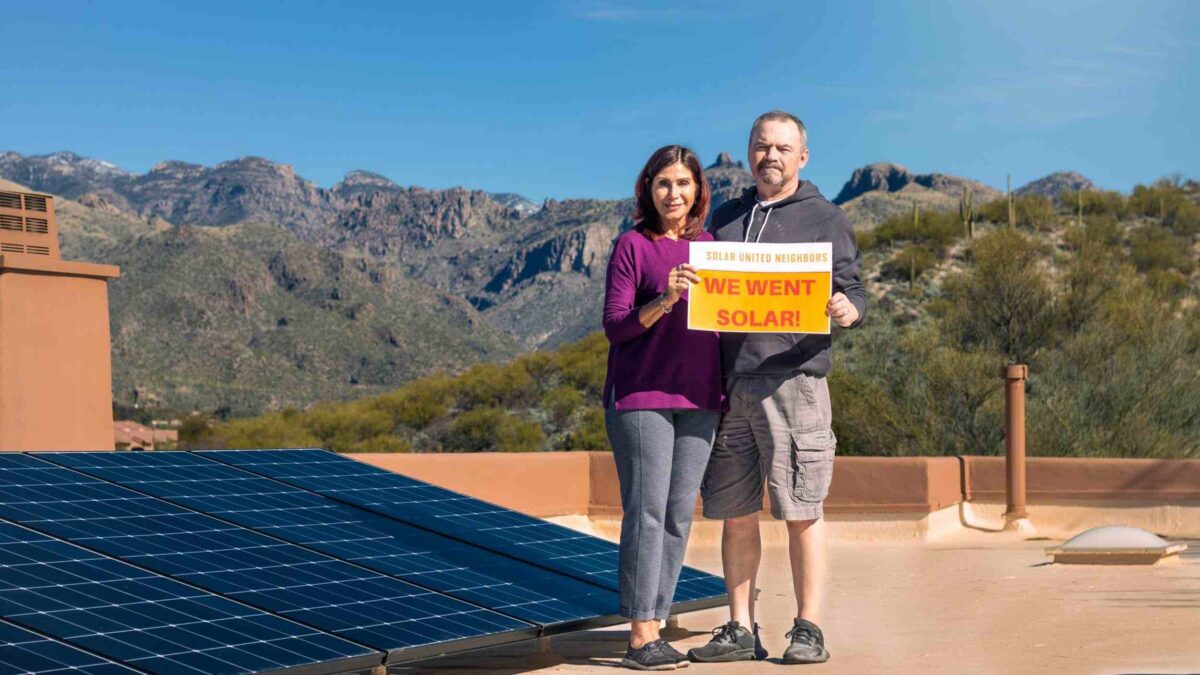
Resources for solar owners
Get the latest on solar straight to your inbox.
Fight for your solar rights.
Everyone has the right to go solar. Spread the sunshine nationwide and in your local community by taking action, joining events, and more.